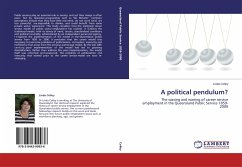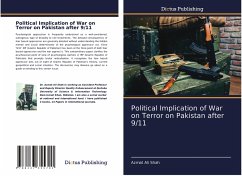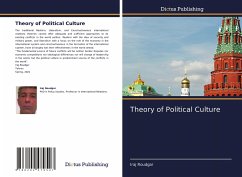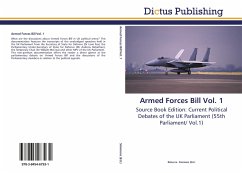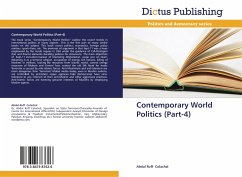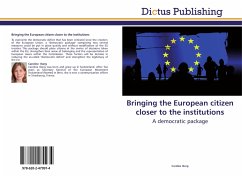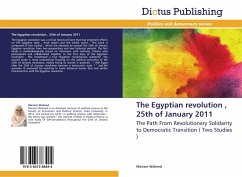Public services play an essential role in society, and yet their image is often poor, fed by television programmes such as 'Yes Minister'. Common perceptions include that they have little real merit, do not work hard, are too powerful, are impossible to dismiss, and could benefit from some private sector experience. This study considers how the maligned career service model of public sector employment has evolved. It outlines the traditional model, with its tenets of merit, tenure, standardised conditions and political neutrality, administered by an independent personnel agency. It explores the implementation of the model in the Queensland public service from 1859 to 2000. It concludes that the career model was necessary to overcome problems of politicisation, corruption, insecurity and inefficiency that arose from the previous patronage model. By the late 20th century, poor implementation of the model had led to growing dissatisfaction. Rather than address this poor implementation, the model itself was reformed and weakened. The problems of politicisation and insecurity that existed prior to the career service model are now re-emerging.
Bitte wählen Sie Ihr Anliegen aus.
Rechnungen
Retourenschein anfordern
Bestellstatus
Storno

